I'm trying to create a .h header file for a simple NDK project. Using cygwin I browse to myprojectDIR\jni directory, then execute this command:
javah -o com_myproject_MyActivity.h -classpath myprojectDIR\bin\classes com.myproject.MyActivity
then this error message appears:
Error: cannot access android.app.Activity
class file for android.app.Activity not found
I have a native method inside MyActivity class, so I tried to create a new class called NativeAccess (does not extend any class from the android SDK) and it worked fine, the .h file was created, ndk-build and test on device where successful!
So my problem is that I need my native methods inside android activities and services that I create, but I cant do that because the Javah command cannot access classes from inside the android-sdk itself. Please notice that I'm using (Windows-7 x64) and I have these environment variables:
ANDROID_NDK : C:\Android\android-ndk-r7b
ANDROID_SDK : C:\Android\android-sdk
ANT_HOME : C:\ANT\apache-ant-1.8.3
JAVA_HOME : C:\Program Files\Java\jdk1.7.0_02
PATH : %JAVA_HOME%\bin;%ANDROID_SDK%\tools;%ANDROID_SDK%\platform-tools;%ANDROID_NDK%;%ANT_HOME%\bin; (other unrelated stuff)
Thanks in advance
